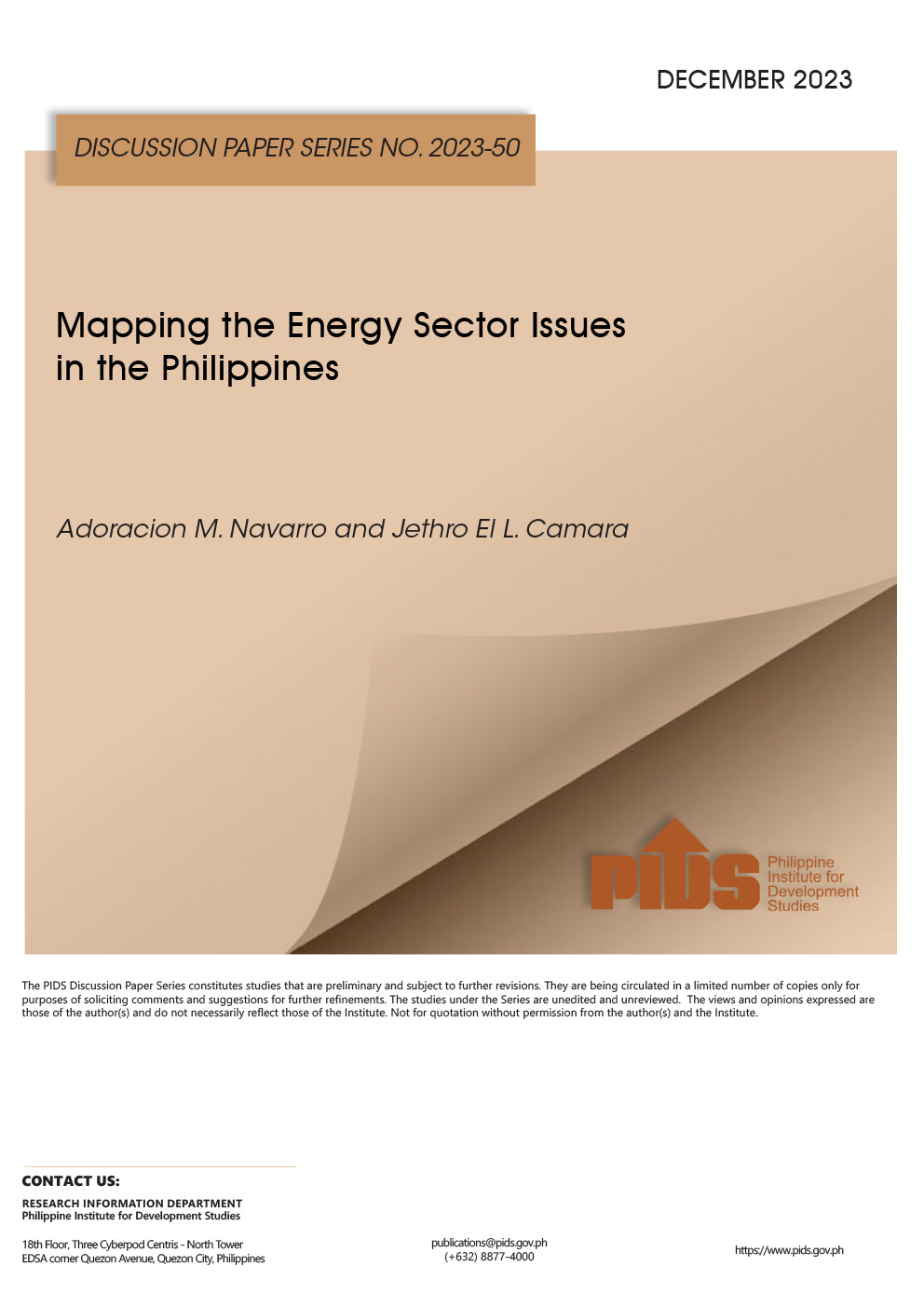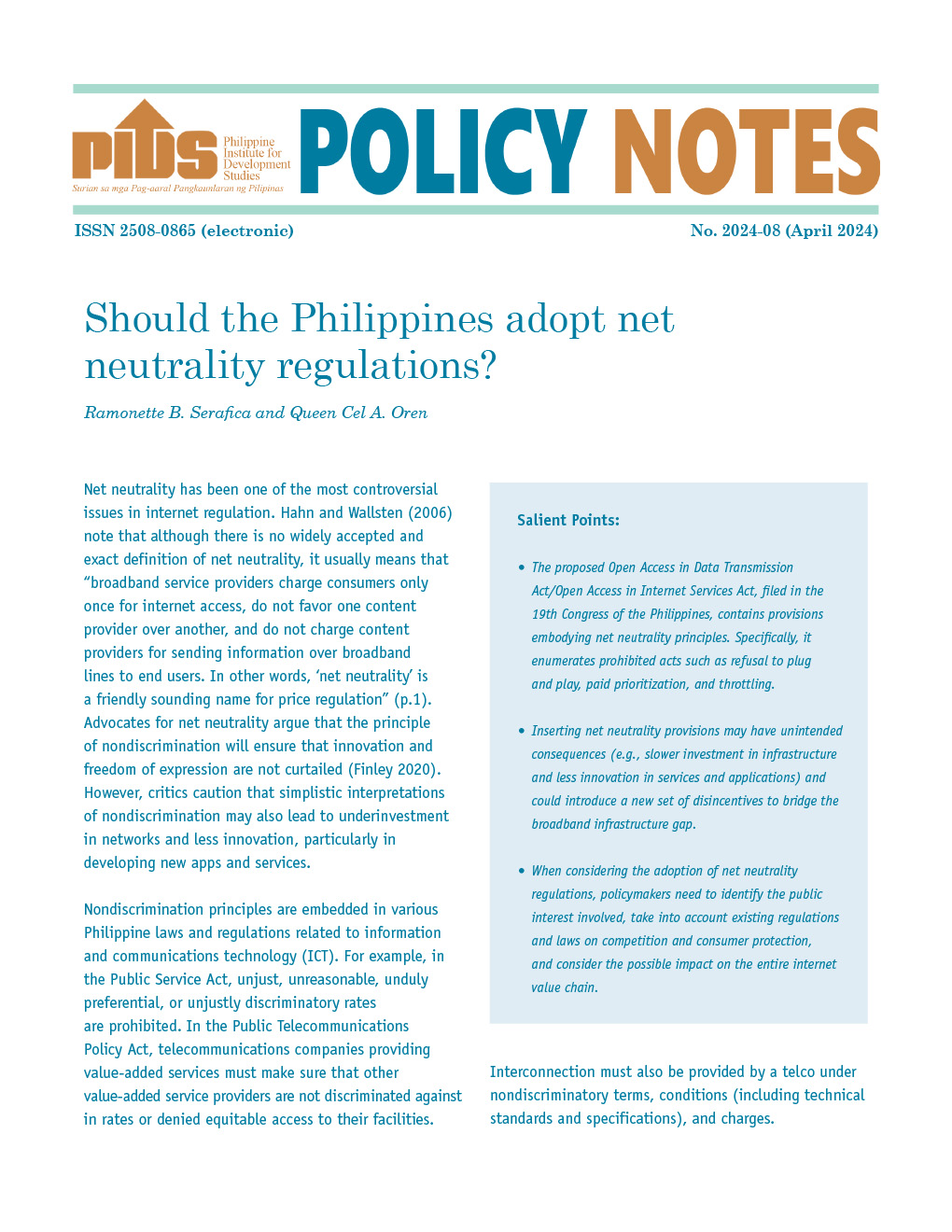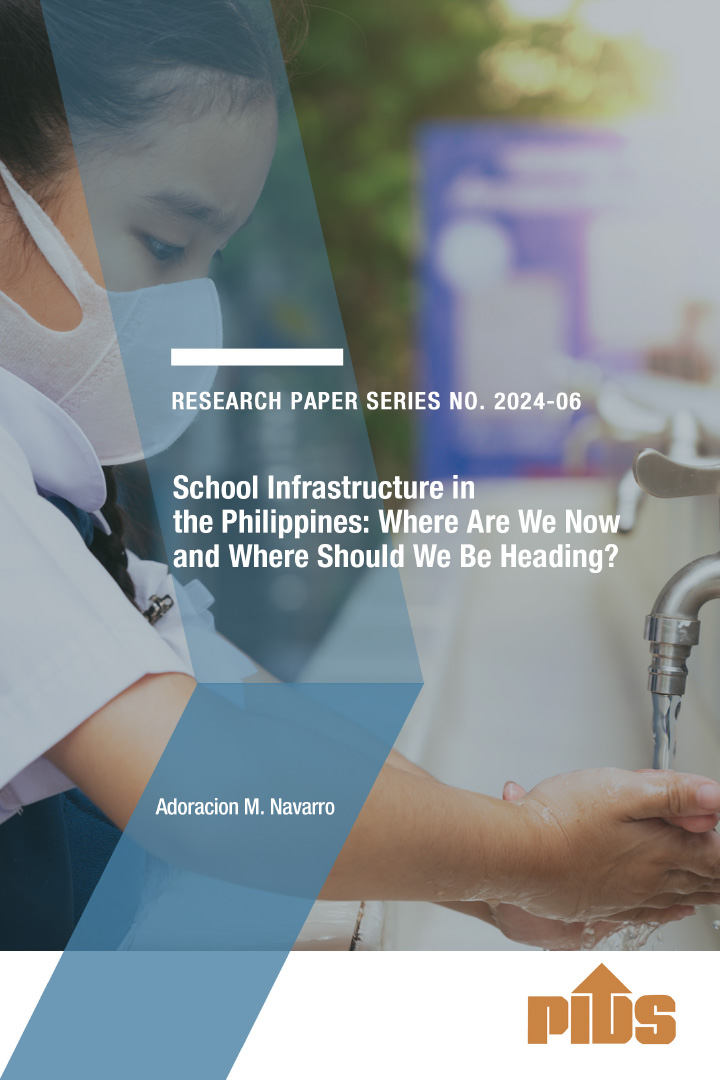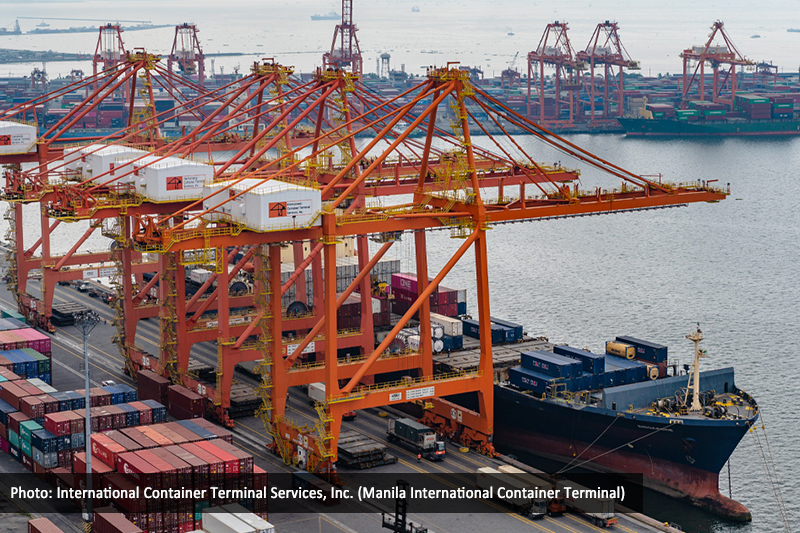A discussion paper of the state-run Philippine Institute of Development Studies found that the Philippines still lags behind most of its peers in Southeast Asia in overall infrastructure, particularly suffering from inadequate and poor quality road and rail transport infrastructure.
The PIDS paper, titled “Road and Rail Transport Infrastructure in the Philippines: Current State, Issues and Challenges,” said that many of the targets in the transportation sector outlined in the Philippine Development Plan for 2017 to 2021 were not met.
“The Philippines continues to suffer from inadequate and poor quality road and rail transport infrastructure… [load factor data] only confirms the commuters’ grueling experiences of congestion and long queues,” PIDS said.
The MRT-3 along EDSA has been operating beyond capacity since 2004. Since 2010, both the LRT-1 and MRT-3 have eclipsed the target average load factor of 60 percent identified by the Japanese International Cooperation Agency for urban rail systems.
The Philippine National Railways, in particular, was criticized for its lackluster performance and lack of development over the years.
The study also pointed out that only four big-ticket infrastructure projects under the highly touted Build Build Build were completed by the end of the previous administration, while projects slated for completion by 2021 were not completed on time.
The PIDS also called into question sections of the updated Philippine Development Plan for 2017 to 2022, which did not aim for improvement in a number of metrics such as passenger capacity and number of passengers per square meter. There was also a lack of reporting mechanisms for many metrics and questionable logic behind some of the target metrics.
Moving forward, PIDS said that the most persistent problems it found were political intervention and weak capacity at the local government level, where a large gap in upgrading the quality of local roads remains.
When it comes to building road networks, there lies a huge difference between being indiscriminate and mindful. National and local government must take heed of the gaps exposed by the PIDS paper so the country doesn’t waste precious resources on low quality and low impact projects that benefit only those involved in the construction process.*









